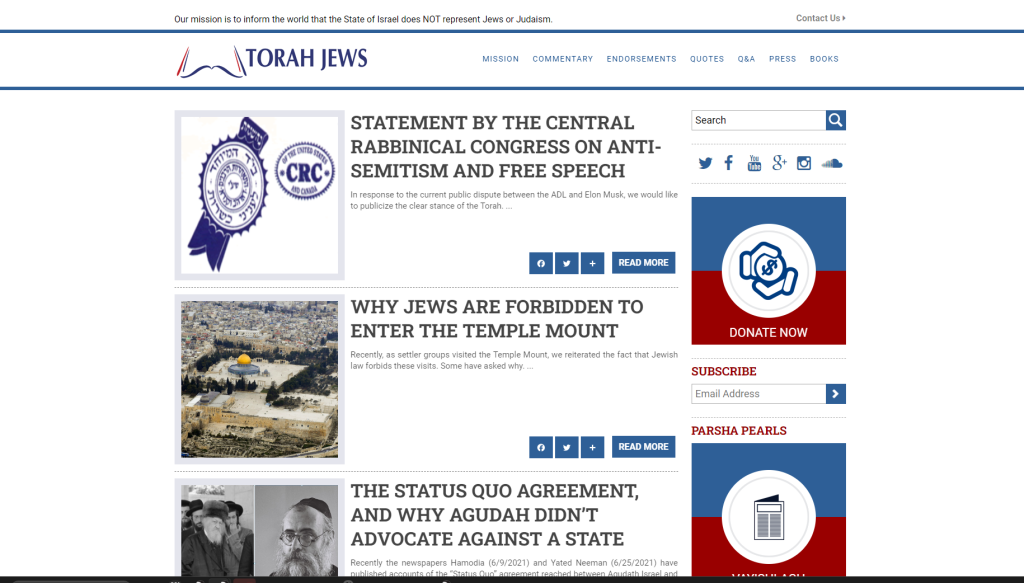
Hi, thanks for visiting the old website, if you cannot find what you were looking for please contact us and send us the old URL you have been looking for we will point you to its updated form or we will provide you with the information your are looking for.
As you can see – most of the archived articles and pages from the TTJ website is already available in the ne one.
